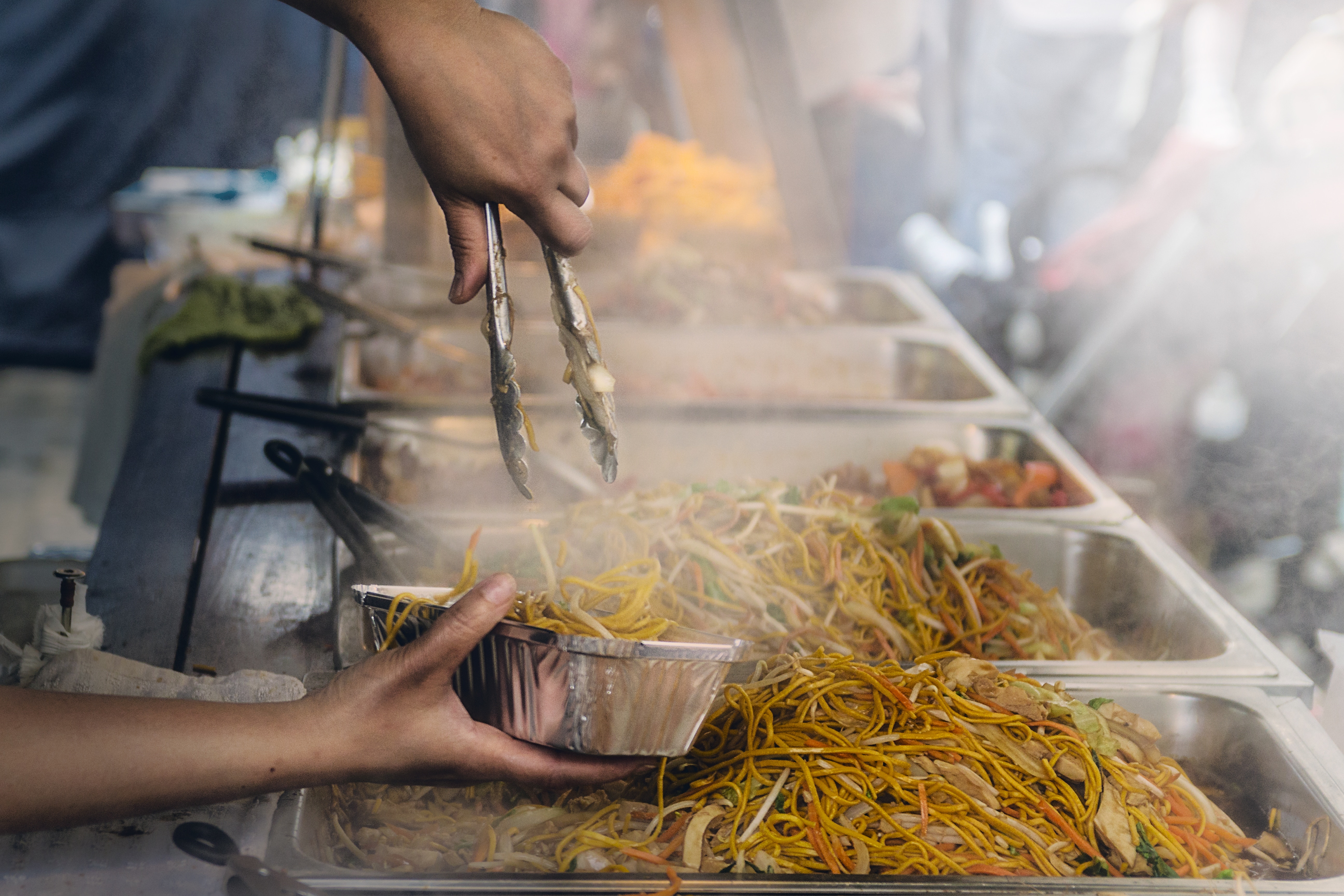CloudEats, a cloud kitchen startup based in the Philippines, announced that it has raised USD 1.4 million in a seed funding round.
According to its announcement, the round was led by local family offices with large stakes in real estate and food and beverage industries. Regional angel investors also participated.
CloudEats, which was launched in June last year, develops its cloud kitchens in non-retail and cost-efficient spaces, with operations and layouts specifically designed for food delivery. It currently has five cloud kitchens in the Philippines that house 70 in-house restaurant brands.
It claims its food brands offer 15–20% lower prices compared to competitors.
The company will use the new funds to further expand across the Philippines and Southeast Asia and is in the process of increasing the number of its cloud kitchens in the archipelago to 20, Kimberly Yao, the co-founder and CEO at CloudEats, told Tech in Asia.
The startup also plans to build more than 100 kitchens and offer its in-house brands in at least four countries across the region within the next two years. “We plan to open in the countries with highest online food delivery penetration across Southeast Asia,” Yao said, adding that the industry is in its infancy globally, especially in the region.
One familiar name in the space is GrabKitchen, the cloud kitchen business of regional super app Grab. The service currently operates in countries like Singapore, Indonesia, Thailand, Vietnam, as well as the Philippines to provide Grab’s merchant partners a platform where they can introduce new food concepts and brands.
According to Yao, CloudEats is unlike GrabKitchen, as it does not lease kitchen spaces to third parties. Rather, the startup operates its own kitchens for its in-house restaurant brands.
“As we grow, we may be potential customers for the growing cloud kitchen companies and enhance the food delivery ecosystem further,” she said.
As of March this year, CloudEats has reached over 3,000 orders a day and has collectively fulfilled over 5 million orders per month in the Philippines, the company said. Its products are available through food delivery platforms such as GrabFood, Foodpanda, and Lalafood.
To help frontliners battling the COVID-19 pandemic, the startup has also started a charity food drive and was able to raise 55,000 meal donations.
